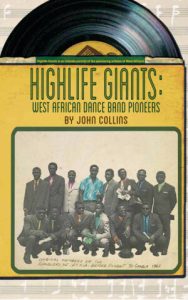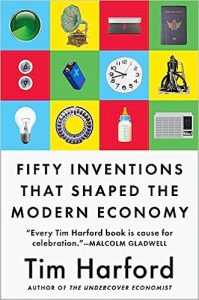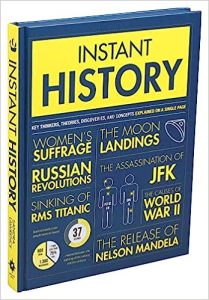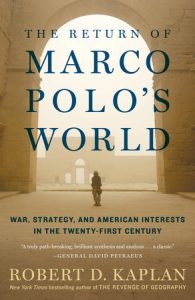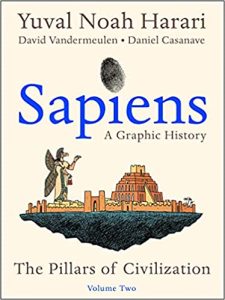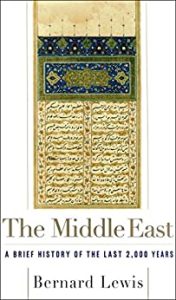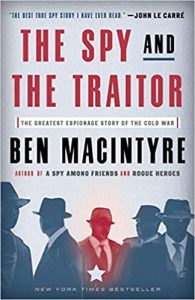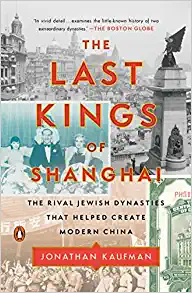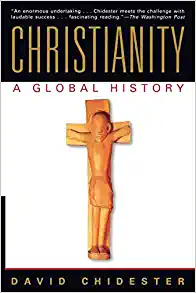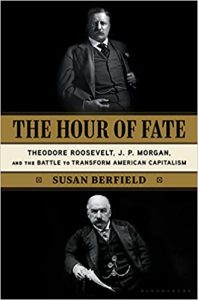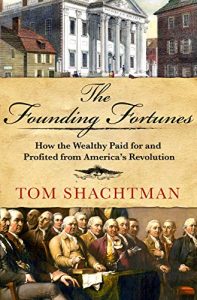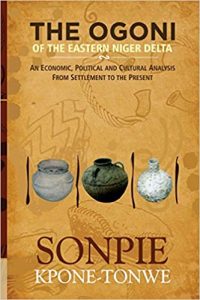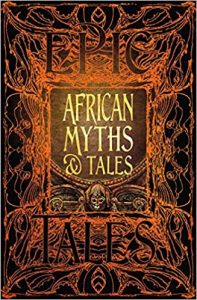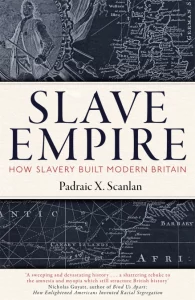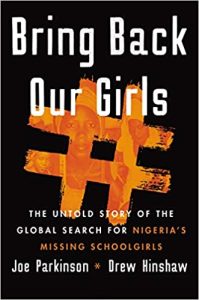Highlife Giants
₦8,000.00As West Africa’s oldest form of popular music, highlife was the soundtrack of the independence era. Its influence still resonates today.
Highlife Giants is an intimate portrait of the pioneering artistes of West Africa’s music scene from the 1920s onwards. It contains interviews with stars such as E.T Mensah, Kofo Ghanaba, King Bruce, Bobby Benson, Victor Uwaifo, and Ignace De Souza revealing priceless behind-the-scenes moments such as Louis Armstrong giving Eddie Okonta a trumpet with a golden mouthpiece after seeing him perform. Highlife Giants charts the development of this rich and varied popular form which is hugely influential on contemporary West African music from Afrobeat to hiplife.
Blending European and African-American styles with traditional African patterns, highlife music contributed to the development of post-independence national identity in both Ghana and Nigeria. As such, highlife remains crucial in generating social commentary, protest and contributing to the formation of a pan-African musical identity.
For those who lived through the era, Highlife Giants will be a compendium that invokes treasured memories. For their children and grandchildren, this book will inspire an interest in the rich musical history of West Africa

